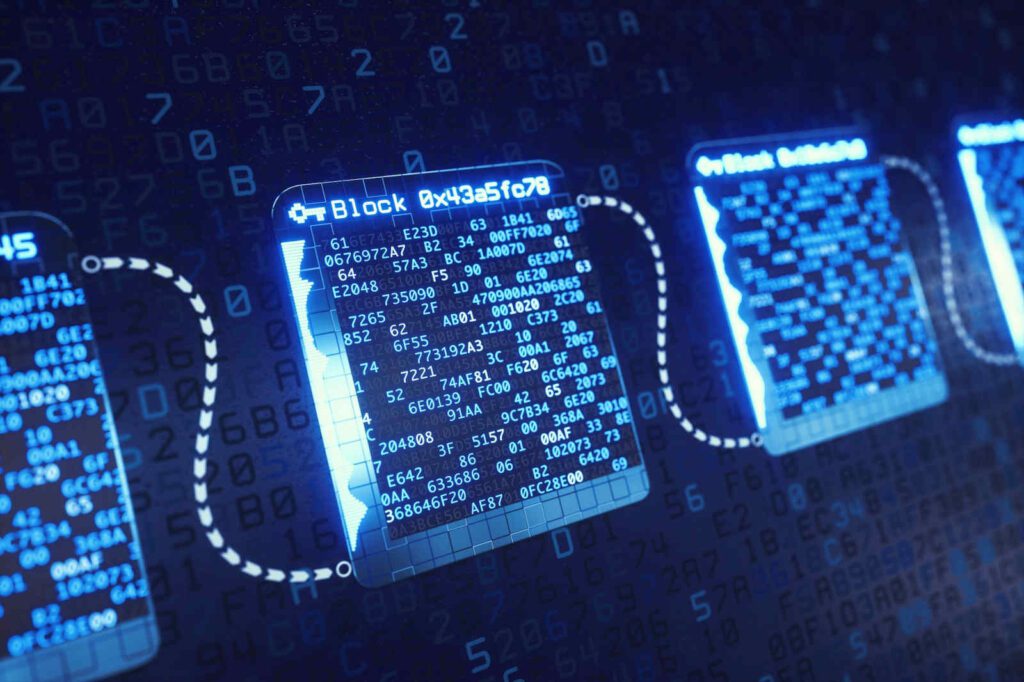
Why Cyber Security Awareness Is Important
Cybersecurity is an essential concern for people of all ages and sizes and businesses of all kinds. Cyberattacks are becoming more sophisticated and common as our dependence on technology and digital communication grows. This places sensitive information in jeopardy.
Awareness of cybersecurity issues is one of the most efficient strategies to reduce the likelihood of adverse effects caused by these threats. This post will discuss the top ten reasons why understanding cybersecurity is crucial, as it goes above a VPN to play online games to protect your identity.
Protection from cyber attacks
Cyber assaults pose an increasingly severe risk not just to companies but also to people. Phishing, spyware, and ransomware are just some of the methods that cybercriminals employ to obtain access to sensitive information. Other methods include social engineering and hacking. Individuals and businesses may better protect themselves from these dangers by being aware of them and taking preventative actions. This could involve instituting stringent cybersecurity precautions and instructing workers on the most effective work practices.
Compliance with regulations
Many different sectors are required to comply with specific cybersecurity standards, such as HIPAA for the healthcare sector and PCI DSS for processing payment cards. There may be serious financial and legal repercussions if these requirements are not followed. Organizations should guarantee that they satisfy regulatory standards and avoid costly penalties by spreading cybersecurity awareness among their employees and customers.

Protection of intellectual property
Intellectual property (IP) is an asset that is extremely important to organizations, and the loss of IP or theft of IP may have extremely negative repercussions. Employees can benefit from increased cybersecurity knowledge by better understanding the significance of protecting intellectual property (IP) and recognizing possible dangers to sensitive information, such as phishing schemes that target login credentials.
Protection of customer data
Another important asset that has to be safeguarded is information about customers. A data breach can adversely affect a company’s brand and the faith of its customers, in addition to the financial and legal repercussions it might bring about. Raising awareness about cybersecurity may assist businesses in establishing trust with their consumers and ensuring the safety of their customers’ data.
Prevention of financial loss
Cyber attacks can result in significant financial losses, including direct costs such as ransom payments and indirect fees such as lost productivity and revenue. By being aware of the risks and preventing cyber attacks, organizations can reduce their financial losses and protect their bottom line.

Preservation of business continuity
A cyber attack can disrupt operations and impact an organization’s ability to function, resulting in lost revenue and reputational damage. By implementing effective cybersecurity measures and promoting employee awareness, organizations can minimize the risk of an attack and ensure business continuity in the event of a breach or, worse, a full-control attack.
Protection of personal privacy
Individuals are also vulnerable to cyber assaults, which can include the theft of their identities and financial fraud. A person’s understanding of cybersecurity can assist them in protecting their personal information and thwart hackers’ attempts to obtain their sensitive data.

Protection of reputation
A data breach may cause irreparable harm to a company’s reputation, resulting in a drop in income and client base. Businesses can safeguard their reputations and continue to earn their customers’ confidence by working to raise awareness about the importance of cybersecurity and by putting efficient security measures into place.
Protection of national security
Cybersecurity is not just a concern for businesses and individuals but also a critical national security issue. Cyber attacks can target government agencies, critical infrastructure, and other sensitive targets, posing a significant threat to national security. Governments can protect their citizens and critical infrastructure from cyber threats by promoting cybersecurity awareness and implementing robust security measures.

Adaptation to changing threats
Because the characteristics of the threats posed in cyberspace are constantly evolving, companies must adjust their security measures to stay up with the rate of change. By boosting cybersecurity awareness among their workforce, companies can ensure that their employees know the most recent threats to information security and can take preventative actions to protect sensitive data.
Having a working grasp of the many aspects of cybersecurity is necessary for people and businesses of all sorts. Awareness of the dangers involved and taking preventative measures to safeguard sensitive data will lessen the likelihood of being targeted by cybercriminals.







